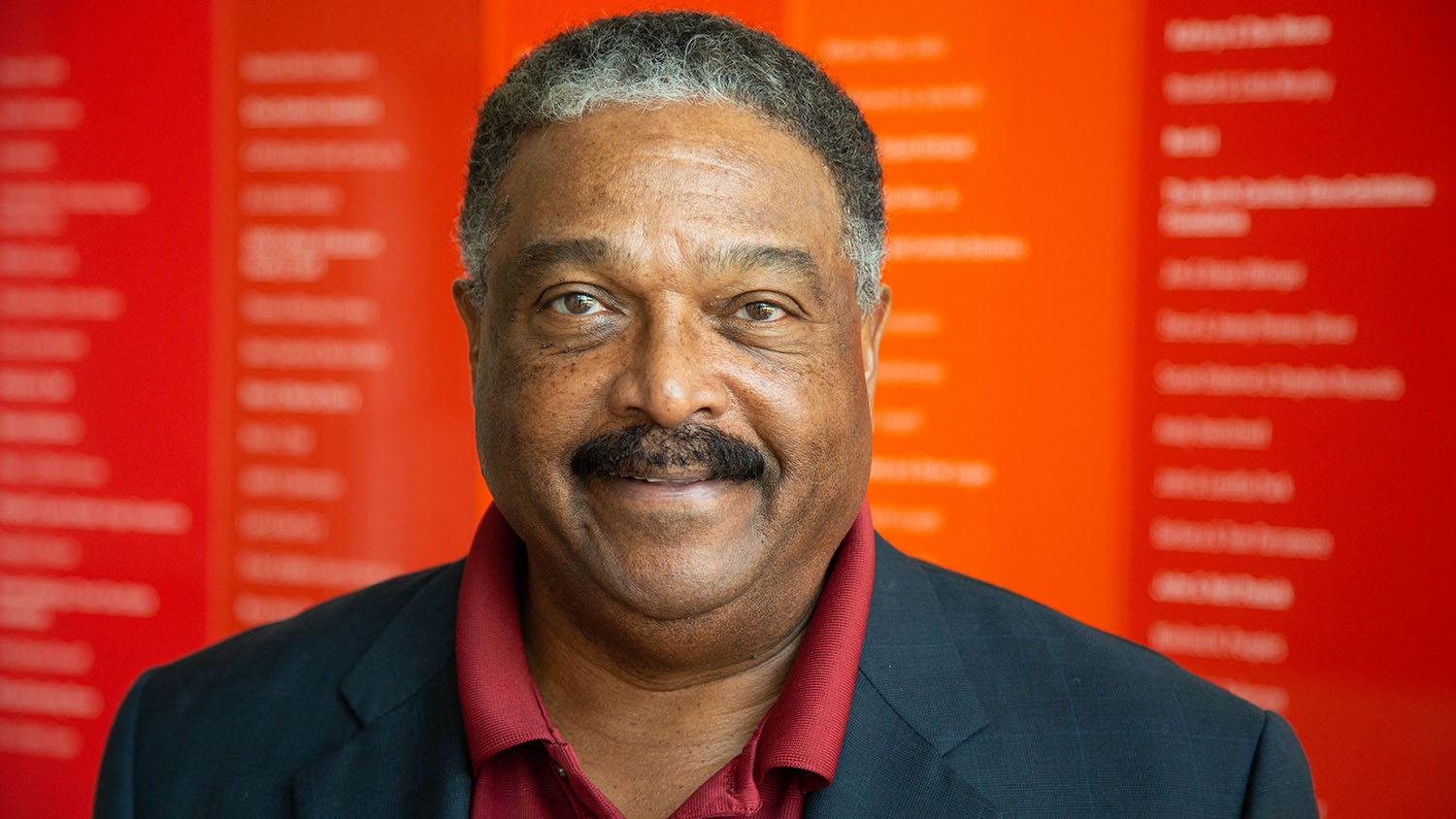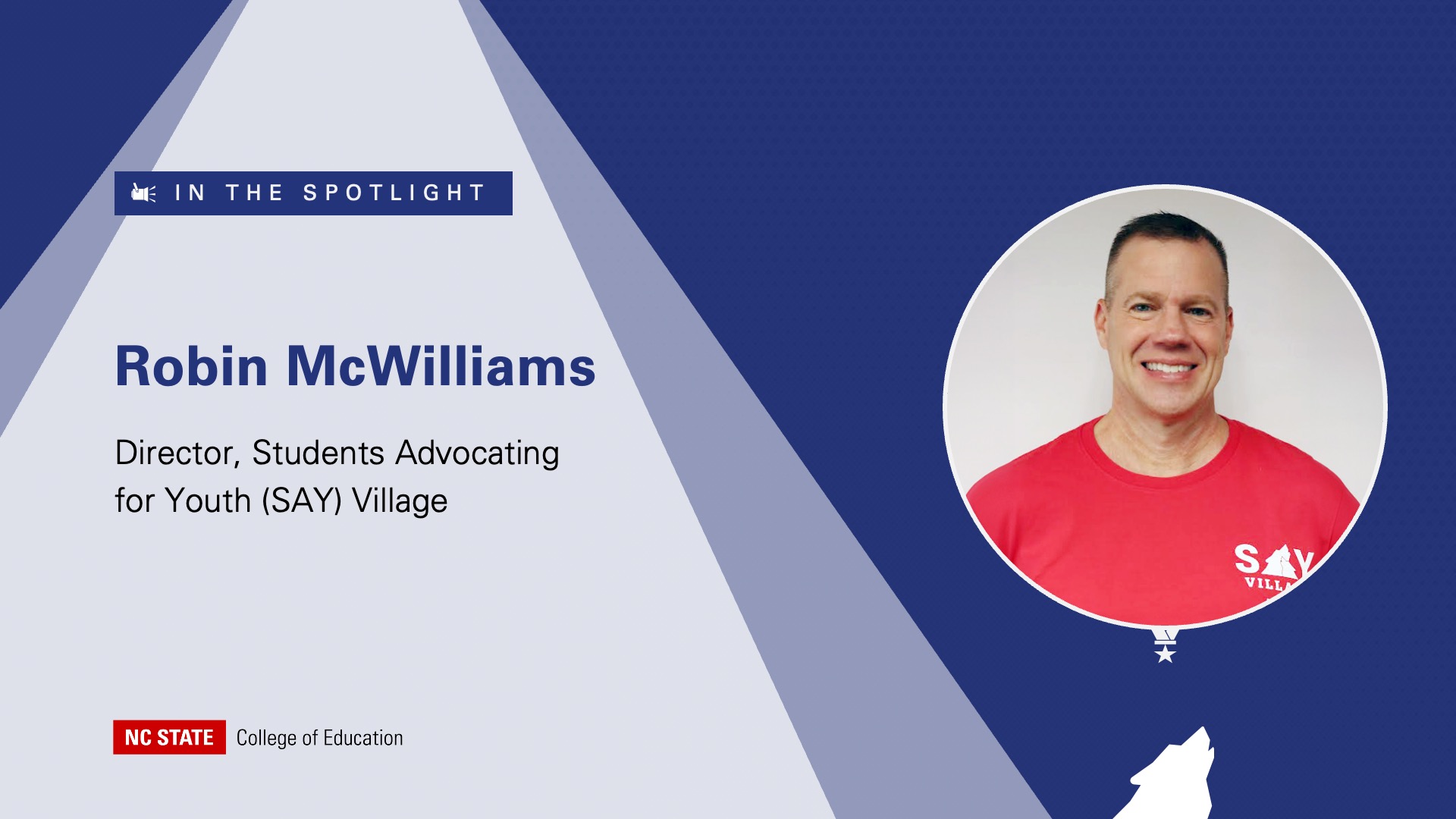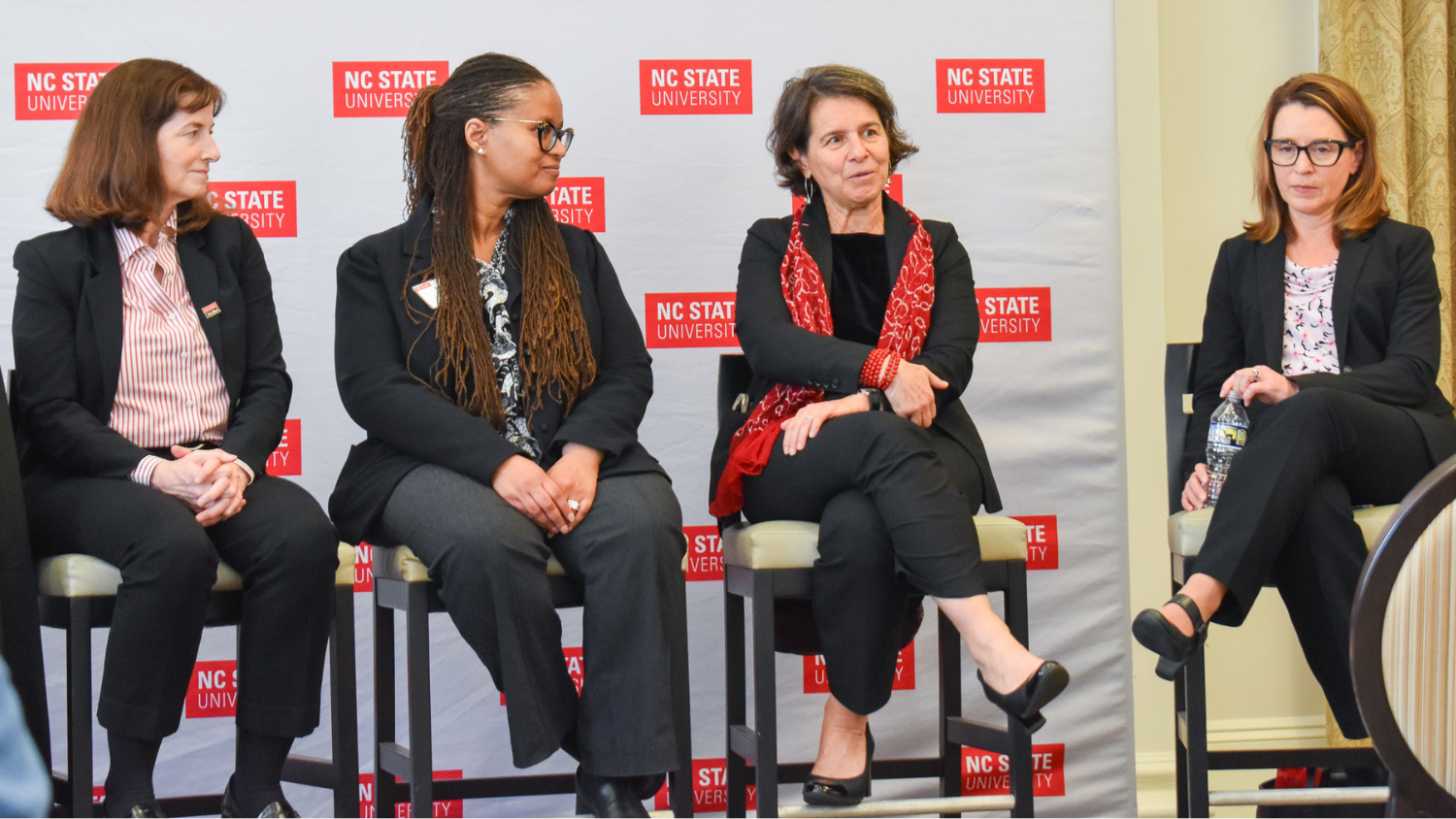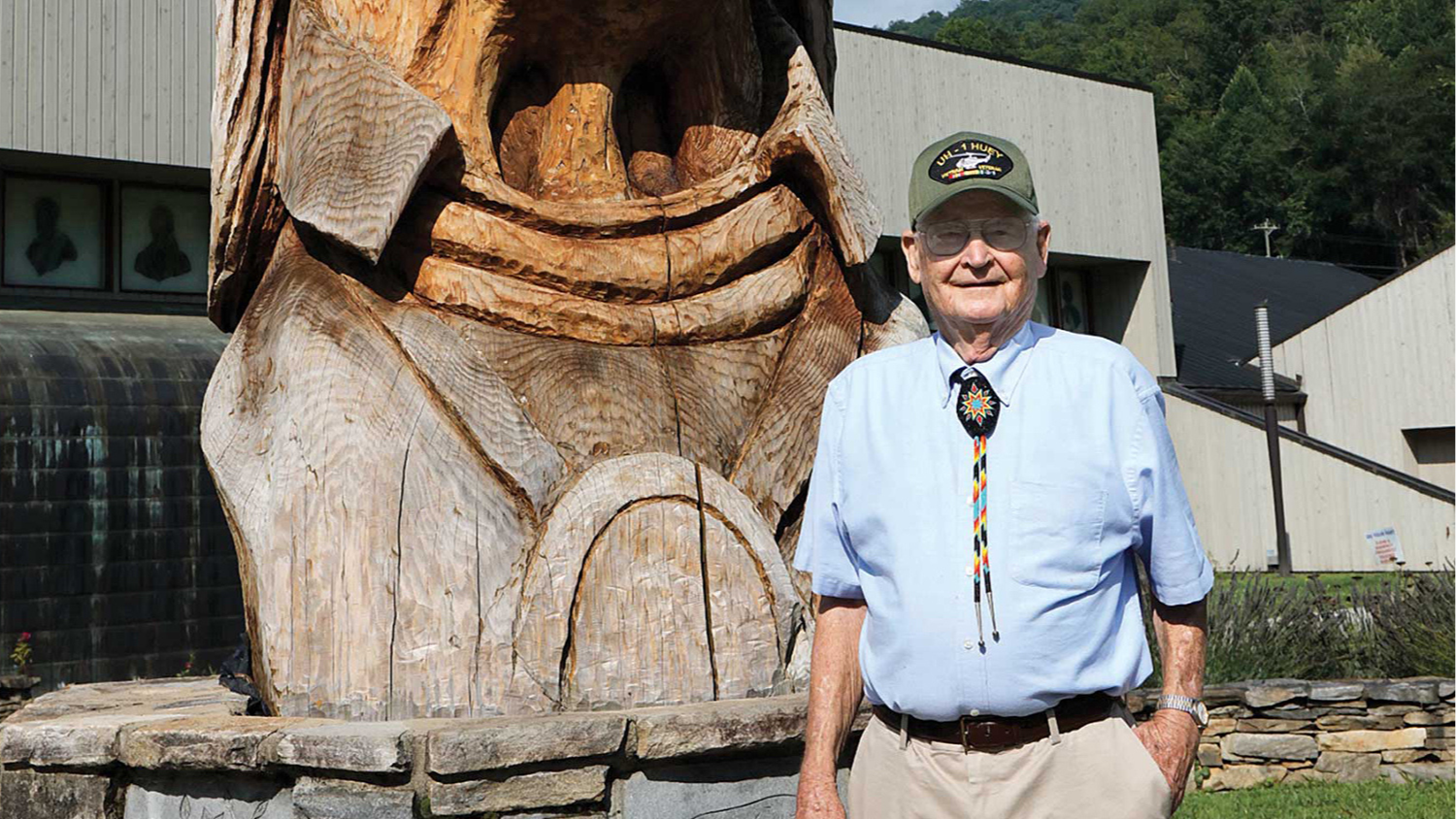Pack IDEAs Faculty Spotlight: Jose A. Picart, Ph.D.

In each edition of Pack IDEAs (Inclusion, Diversity, Equity, and Access), a newsletter released by the NC State College of Education Change Agent Task Force, we highlight faculty, students and alumni who have expertise and experiences that align with advancing diversity, equity, and inclusion (DEI) within the college. In becoming an anti-racist college community, we must deepen our commitment to creating and sustaining a healthy teaching and learning community that uplifts the humanity of all people, but especially Black, Indigenous and people of color, who due to structural inequities are marginalized in education and society. The spotlight feature offers a counternarrative that celebrates and showcases the brilliance of individuals within our college community.
Jose A. Picart, Ph.D.
Professor of Counselor Education
Deputy Director, The Friday Institute for Educational Innovation
Jose A. Picart, Ph.D, has been a permanent fixture on the NC State campus for 17 years, having served as vice provost for diversity and inclusion followed by vice provost for academic programs and services before joining the College of Education.
“It is an honor and a privilege to serve at the College of Education with so many extraordinary researchers, educators and staff. Thank you for including me and for inspiring me to thrive and grow as a member of this remarkable community,” he said.
Picart spent one year as the interim dean of the College of Education before taking on his current role as deputy director of the Friday Institute for Educational Innovation and professor of counselor education. He also serves on the college’s change agent group to advance diversity, equity, and inclusion in education, a role he is passionate about.
“Education helps prepare people for work and for life. We work in a global economy and to be successful in this global economy our education system must be diverse, equitable and inclusive,” he said. “The citizenship of our democracy is diverse and recent events remind us that our society is not as equitable or inclusive as it should be. Diversity, equity and inclusion in education can increase our understanding of human nature and of the persistent systemic and structural barriers to diversity, equity and inclusion.”
Diversity, equity and inclusion in education, he says, can help inform the solutions that are needed to allow for society to more fully realize a just and equitable democracy.
But one of the most important reasons he is so passionate about diversity, equity and inclusion in education is because of his family. As a Black, Hispanic man with children who are mixed Black and Native American and grandchildren who are mixed Black, Native American and White, Picart says, he has a very diverse family and he wants his grandchildren to live, thrive and prosper in a society that values diversity, equity and inclusion.
And his research speaks to these passions and areas of interest.
Picart is currently a co-principal investigator with Crystal Chen Lee, Ed.D. on the Literacy and Community Initiative (LCI) project, which seeks to amplify the voices of underrepresented, under-resourced and marginalized youth through publication of their writings, by encouraging them to engage with their communities through their spoken words, and ultimately pursuing leadership through their actions. Students who are part of LCI complete an eight-week literacy curriculum which culminates in the publication of a book, public readings and engaging with stakeholders in their communities.
“The research is grounded in critical literacy theory and we examine the student’s writings for evidence of the youth as a student, teacher, storyteller and activist. In the next phase of our research, we will seek to determine if participating in the LCI program helps youth develop their self-determination, self-compassion and self-esteem,” Picart said.
LCI has partnered with three community-based organizations — Juntos NC, Bull City YouthBuild and CORRAL Riding Academy. Juntos NC works with Latinx immigrant students. Bull City YouthBuild works with students in Durham to complete their high school graduation requirements while acquiring the skills necessary for the construction industry. And CORRAL Riding Academy works with adolescent girls in high-risk situations through a long-term, holistic program of equine therapy, tutoring and mentoring to prepare each girl and her community with skills, resources and opportunities to be successful.
Through these partnerships, the youth have completed over 235 writing projects, including vignettes, poetry, memoirs, essays, reflections, blackout poems, autoethnography and interviews which have resulted in six published books. They have also participated in 11 community engagement activities, such as public book readings, panel discussions and a podcast.
“We hope that working with these community groups empowers the youth to not only advocate for themselves, but also inspires them to become more civically-engaged leaders in their communities,” he said.
As a counselor educator who is trained in psychology, Picart says he prepares future college counselors, advisors and leaders who are culturally competent to lead, serve and advocate for the success of college students from all backgrounds.
“When I teach, I try to model as much as possible what inclusive instruction and curriculum should look and feel like. Valuing and respecting each student for who they are and what they bring to the learning experience helps create an environment where students can be their authentic selves and feel like they belong,” he said.
He says he builds on this foundation by designing curriculum that invites students to contribute their diverse knowledge and life experiences as co-educators, teaching each other. Picart also invites diverse guest speakers to the classroom in an effort to help his students to see themselves as college and university professionals and educators.
“I hope my students develop into college professionals who respect not only the uniqueness of each individual, but who are also mindful of the things all humans share in common — the needs for safety, connection, competency and purpose,” Picart said.
- Categories:


